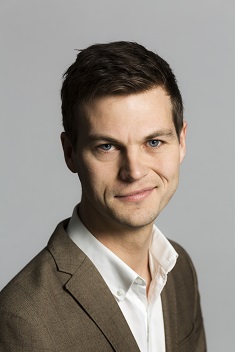Ph.d. Defence by Troels Gauslå Engell
Are you interested in diplomacy from a security policy perspective? Troels Gauslå Engell's ph.d.-thesis takes us into the heart on the UN security council, and provides new perspectives on the practices which diplomats are guided by in their daily work at the Council.
Time and Place
Monday 3 December 3, 2018 at 14:00 at the University of Copenhagen, Centre for Health and Society, Department of Political science, Øster Farimagsgade 5, 1353 Copenhagen K., Room 4.2.26. Doors are closed at exactly at 14:00
Summary
The dissertation offers new inside perspectives on the United Nations Security Council. It does so by exploring the practices that diplomats are guided by in their daily work at the Council. Knowledge about these practices is relevant because they show how the Security Council works and even more because they have importance for the decisions of the Council, which is to say, that they have influence on global security policies in both form and content. This differs from how most theories of international relations try to understand international organizations and diplomacy. The practice theory, which the thesis makes use of, therefore provides the opportunity to develop a more a fine-grained insight into the Security Council.
The overall research question is as follows: What are the practices guides the diplomats in the UN Security council acts and what is the effect on the change in global security policy?
The short answer to this question is; that diplomats are guided by the formation of groups, the formation of opinions, and the formation hierarchy. The thesis describes these practices, including how they are used, varied, shaped, avoided and exploited in other ways. In addition, the practices are applied to an in-depth analysis of the negotiations that took place in the Security Council in 2015-17 on how the UN should relate to the crisis in Burundi.
The second part of the answer is that diplomats over the past years have made human rights a resource they can use to invoke jurisdiction. They have created both institutional resources, for example human rights mechanisms and reporting requirements, and symbolic resources, as for example, the arguments linking human rights to matters of international peace and security. These resources give diplomats a language for describing crisis situations and formulate responses to them in new ways.
Troels Gauslå Engell

